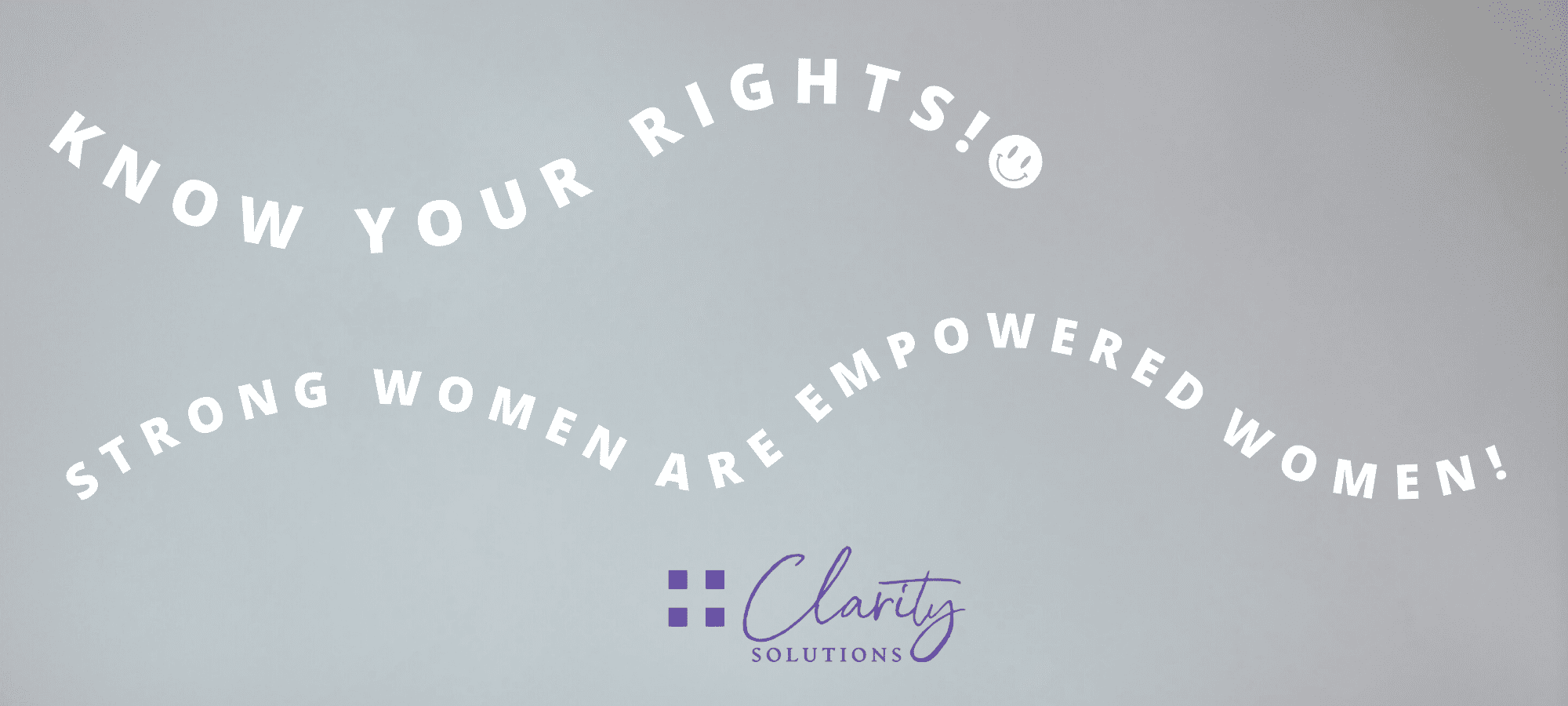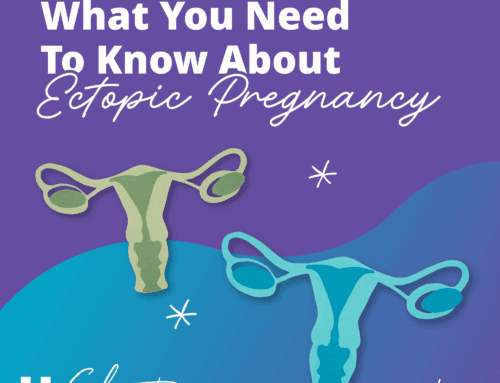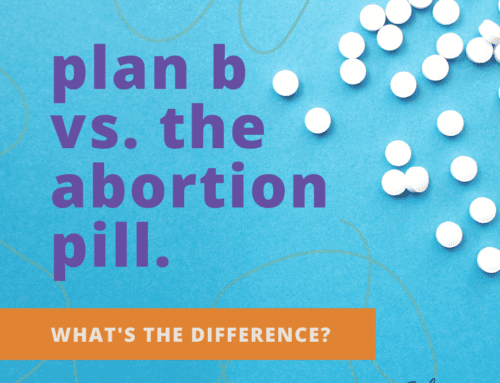Women can do anything. With knowledge of your legal pregnancy protections and available resources, you can too! The best thing you can do for yourself when experiencing an unexpected pregnancy is to inform yourself about your pregnancy rights and protections. This will allow you to advocate for yourself in various situations.
Pregnancy & Work Rights
- No one can treat you differently because you’re pregnant. The Pregnancy Discrimination Act (PDA) protects women against any discrimination that would occur because of pregnancy, childbirth, or related medical conditions. The Act says that employers must treat pregnant employees the same as employees with temporary disabilities.
- It is illegal for you to be denied employment opportunities. The recent Pregnant Workers Fairness Act (PWFA) protects pregnant women from being denied employment opportunities based on their need for reasonable accommodations.
- Your employer can’t make you take leave because you need accommodations. The PWFA also protects pregnant employees from being required to take leave if another reasonable accommodation can be provided to help them continue to work. The Act guarantees accommodations for limitations of the employee (unless the accommodation would cause an undue hardship for the employer) and prohibits employers from punishing, retaliating against, or coercing employees regarding their right to accommodations.
- You can take up to 12 weeks of unpaid leave without losing your job. The Family and Medical Leave Act (FMLA) provides up to 12 weeks of unpaid leave for eligible employees. It also guarantees that your job or an equivalent one will be available to you when you return.
- You have the right to take breaks to pump breast milk. The Fair Labor Standards Act (FLSA) introduced workplace protections for employees to take reasonable breaks to pump breast milk in a functional, private, non-bathroom space for up to one year after the baby’s birth. The Providing Urgent Maternal Protections for Nursing Mothers Act (PUMP), included in the Consolidated Appropriations Act (CAA) that went into effect January 1, 2022, increased these protections.
Pregnancy & School
- You cannot be treated differently because of your pregnancy at school. Under Title IX in the U.S., schools, like workplaces, must provide the same opportunities and accommodations for pregnant students as they do for students with temporary medical conditions.
- Your school has to help you by letting you take breaks, giving you a place to rest, helping you change your class schedule, etc. Schools are required to provide reasonable accommodations for pregnant students.
- Your school can’t make you drop out because you’re pregnant. You have the right to continue attending school while pregnant.
- You have the right to take time off if you need to. If you want to take a break from school for pregnancy reasons or childbirth, you can. Your school has to work with you to make sure you can continue your education when you can come back.
- Your school will keep your pregnancy confidential. Your school legally has to keep your health information private.
- Lots of schools have resources to support you, such as counseling or help with your schoolwork. Reach out to your school counselor for advice on finding these programs!
Pregnancy & Healthcare
- You have the right to have insurance cover maternity care and newborn costs. In the U.S., the Affordable Care Act (ACA) requires most health insurance plans to cover essential health benefits, including maternity and newborn care. Take time to review your health insurance plan to understand what maternity care, prenatal visits, and childbirth costs are covered. If you don’t have insurance, Clarity can help connect you with a Medicaid representative.
- You might qualify for disability accommodations too. The Americans with Disabilities Act (ADA) protects workers from discrimination based on disability and requires employers to give accommodations. While pregnancy itself is not a disability under the ADA, some pregnancy-related conditions may qualify as disabilities under the law.
How Can I Advocate For Myself?
- Let your employer and/or school know of your pregnancy as early as possible.
- Be ready to provide necessary documentation, such as a doctor’s note, if needed. Clarity can provide you with official proof of pregnancy for free!
- Keep track of your communication with your employer, school, and/or healthcare providers.
- Be specific about what you need. For example, at work, you might let your employer/supervisor know you need to avoid heavy lifting or standing for too long. At school, you can have breaks more often or adjust your class schedule.
- Know your resources and reach out! Talk to your Human Resources department for guidance on company policies and your rights. Remember that your work and/or school can’t help you unless they know what’s going on.
- Keep Trying! If you aren’t getting what you need and have asked for, follow up with your employer, school counselor, and/or healthcare provider and don’t give up.
Balancing work while pregnant or caring for a newborn is challenging, but you have everything you need to do it. Clarity is here to help you navigate the challenges and provide you with the support you need. You don’t have to do this alone; Clarity has you covered.
Book your free pregnancy confirmation, ultrasound, pre-abortion appointment, or support program inquiry today!















